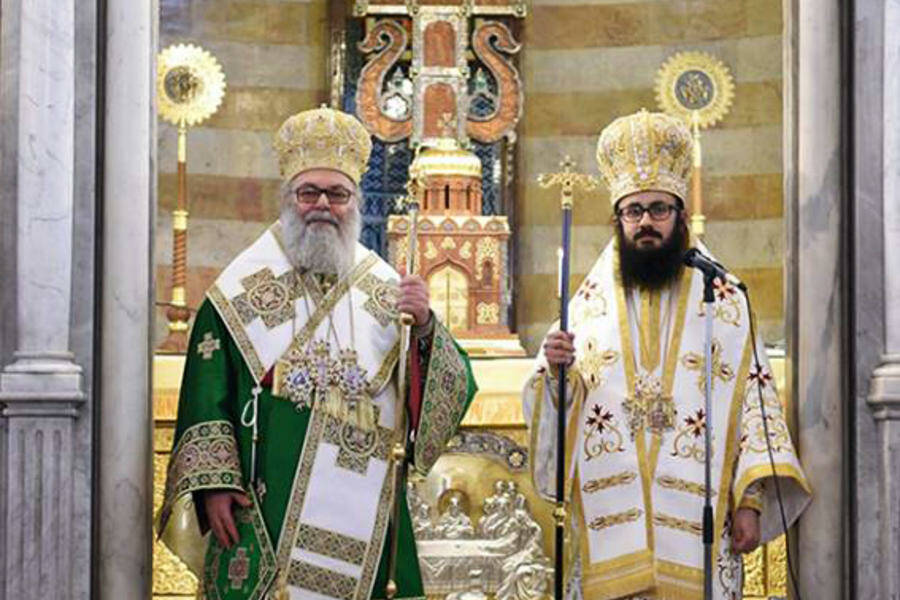Repentance, beloved, is living every moment of our life with vision of the kingdom, living in this world in the hope of eternal life.
This means for our heart to be liberated from the pleasures of this life, from its enticements, and for us to cast out worries and troubles out from it and to cling to God.
People today often strive for God, seeking repentance, but their repentance often falters. The question is: why?
Why are we unable to truly repent?
The repentance that seizes the kingdom by force is supposed to be perfect or have a quality of perseverance, but we usually repent verbally and in a truncated manner, or only a little or for a few moments.
Repentance is not achieved when we offer an aspect or moments of our life to God.
Repentance such as this is Pharisaical repentance, something dry and barren that God deplores because through it one attempts to justify himself before God, rather than striving for God to make him righteous.
Repentance is not a collection of religious duties, laws or canons and having a relationship with God is not based on rights and duties.
What is required is for us to surrender ourselves wholly to our Father, to God. "O my son, give me your heart," in the sense of "give me your whole self" at every moment, not only in times of hardship or temptation or just occasionally.
The final question that arises is: how do we live repentance in the midst of this turbulent world?
The malady that our contemporary world is suffering from is forgetting God.
The world today is stuffed with various luxuries, pleasures and means of relaxation that appeal to people and attract their attention.
In their great abundance and availability, God is usually forgotten and the affairs of life are ordered and priorities are defined according to them.
Because they take up a lot of time and effort, life is spent in vain and in this way people are cut off from the purpose of their existence as "citizens of heaven" and these means are cut off from their purpose, so instead of using them as tools and means for service and love, their purpose is inverted and they become and end in themselves.
Therefore, repentance comes as the cure to the ailment of forgetting God.
Repentance today requires us to bring back the proper order of priorities in this life according to the standards of the kingdom. That is, it requires us to opt for everything that is useful to and serves the kingdom and for us to cast aside everything that is vain and not useful, everything that is entirely bad.
This calls for us to be watchful and to test everything around us, lest our hearts become attached to any "earthly care" to the point that it becomes an obsession that distracts us from our greater concern, which is God.
What is required, then, is for us to seek the kingdom of God and its righteousness in every concern.
In short, repentance is for us to undertake every activity by praying, "Our Father who art in heaven..." before we do it and to refrain from any activity that we cannot pray before doing.
(emphases added)
I found this on the Notes on Arab Orthodoxy blog, which is well worth following: most of its content is translated from Arabic and not available elsewhere in English. It often gives us a perspective from an important Orthodox community outside the usual centers of power: a good example is the recent When Will We Smash the Idols?

Metropolitan James with Patriarch John of Antioch